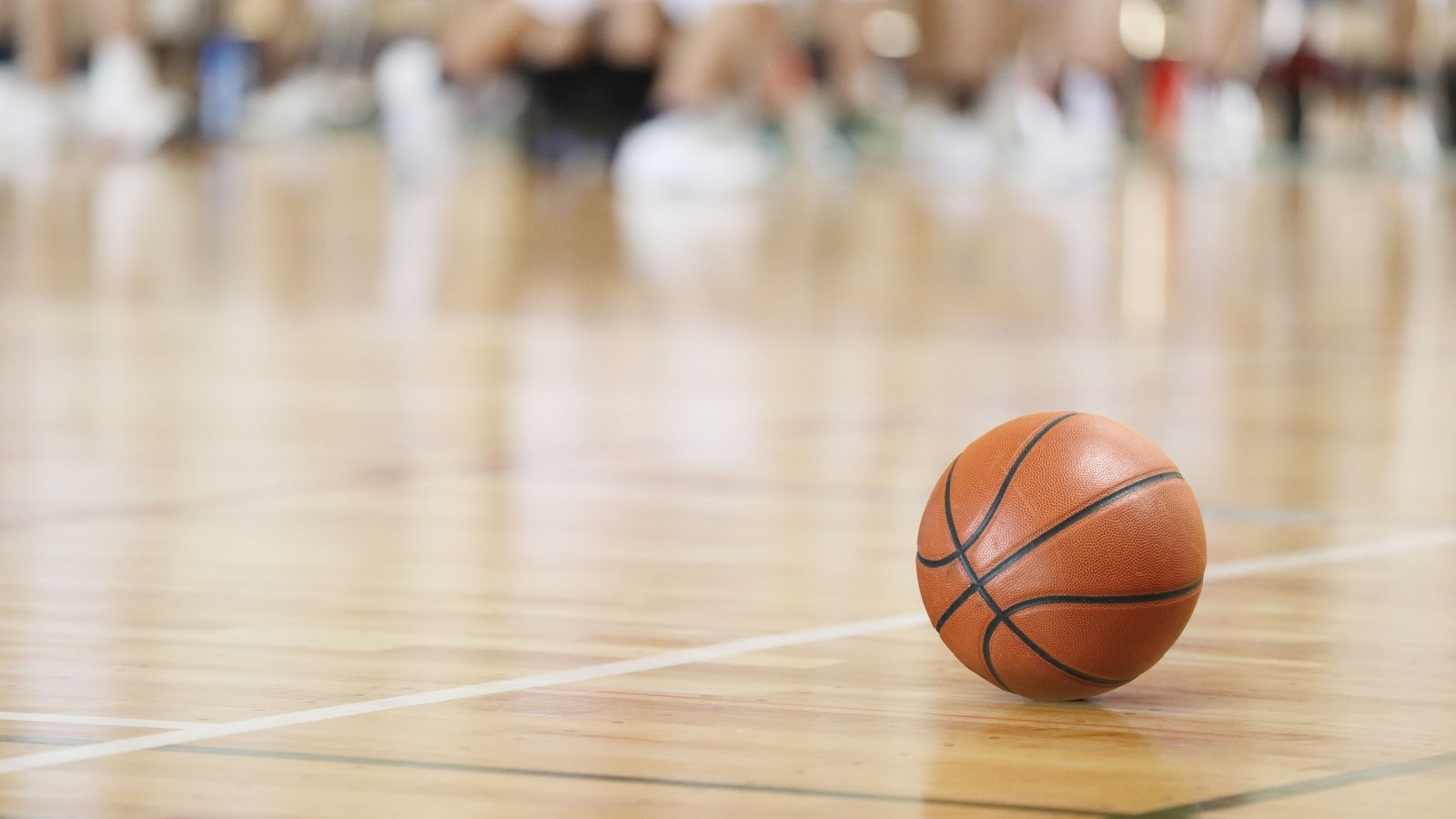The Dartmouth College men’s basketball team has taken a groundbreaking step towards unionization, with a decisive vote indicating their readiness to challenge the status quo in college athletics. This action stands as a potential landmark in redefining athlete rights and compensation within the National Collegiate Athletic Association’s (NCAA) longstanding amateurism framework.
Supervised Election Process
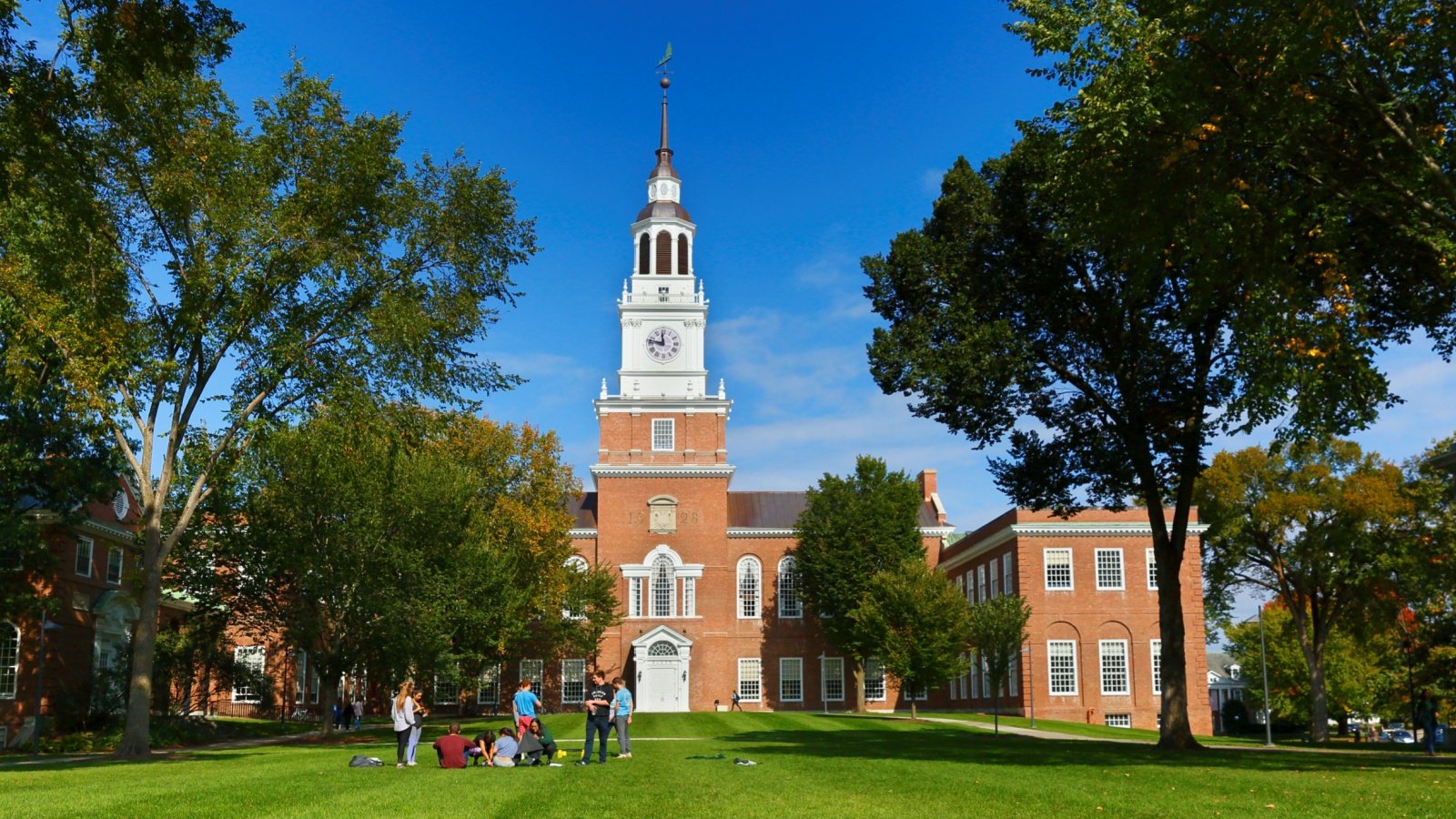
Under the supervision of the National Labor Relations Board, the team’s election took place within the college’s Human Resources department. The vote ended with a substantial majority of 13-2 in favor of joining the Service Employees International Union Local 560, signaling a strong team consensus on the issue.
Player Statement
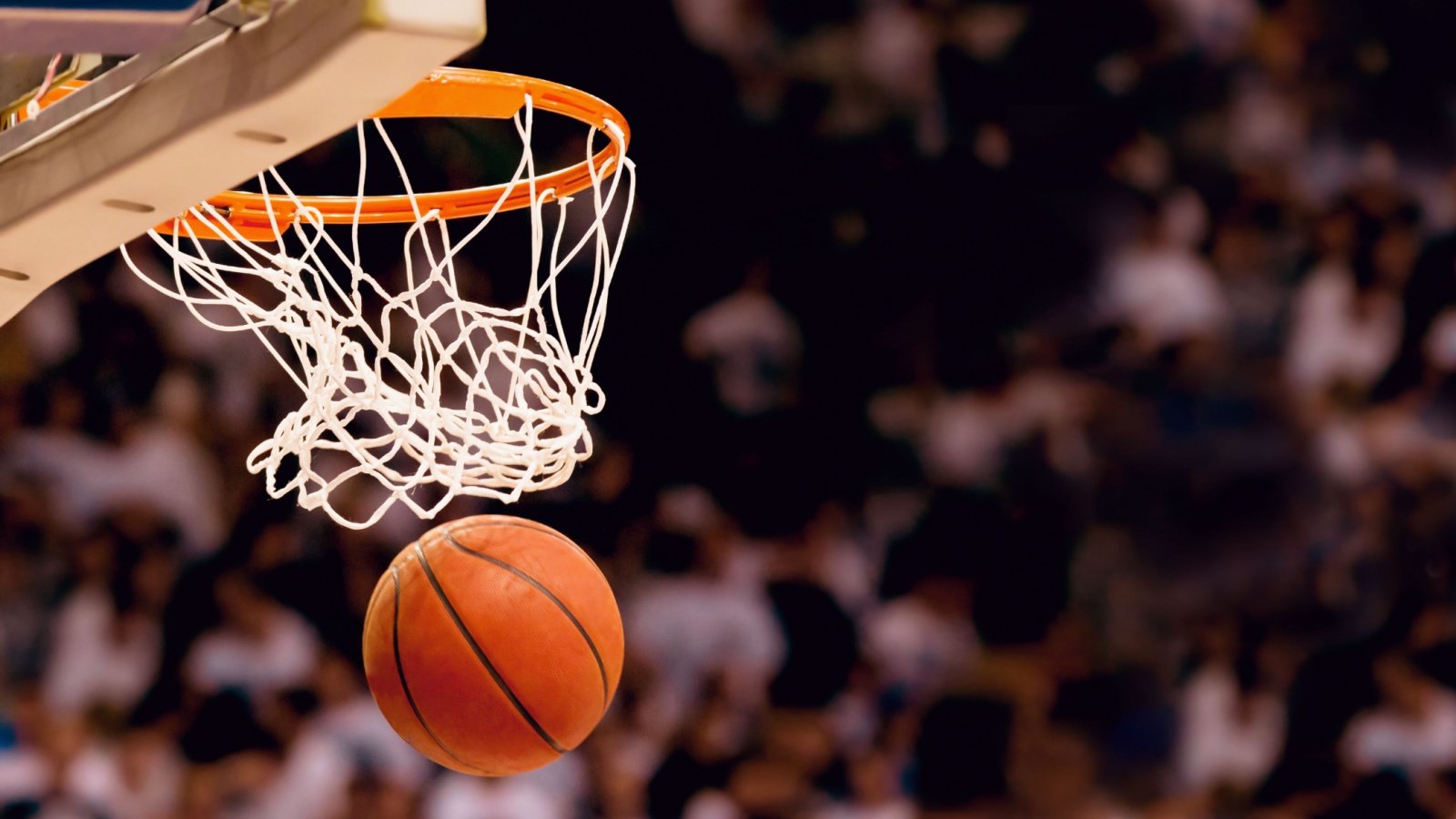
Players Cade Haskins and Romeo Myrthil voiced the team’s sentiment, marking the occasion as a significant milestone. They emphasized the unity and determination that led to this victorious moment, advocating for the need to recognize student-athletes as both workers and union members, thus challenging Dartmouth’s traditional views.
Potential Legal Challenges

Dartmouth College now faces a crucial decision period, with five business days to raise objections to the unionization vote. This period opens the door for the institution to potentially seek legal avenues, potentially delaying the establishment of a collective bargaining agreement until after the departure of current team members.
Dartmouth’s Response

The college reiterated its support for campus unions but differentiated the men’s basketball team’s case, arguing against the classification of student-athletes as employees. Dartmouth maintains that its athletes, especially in the Ivy League context, prioritize academics with athletics enhancing their educational experience, thus deeming unionization inappropriate.
NCAA’s Amateurism Under Scrutiny
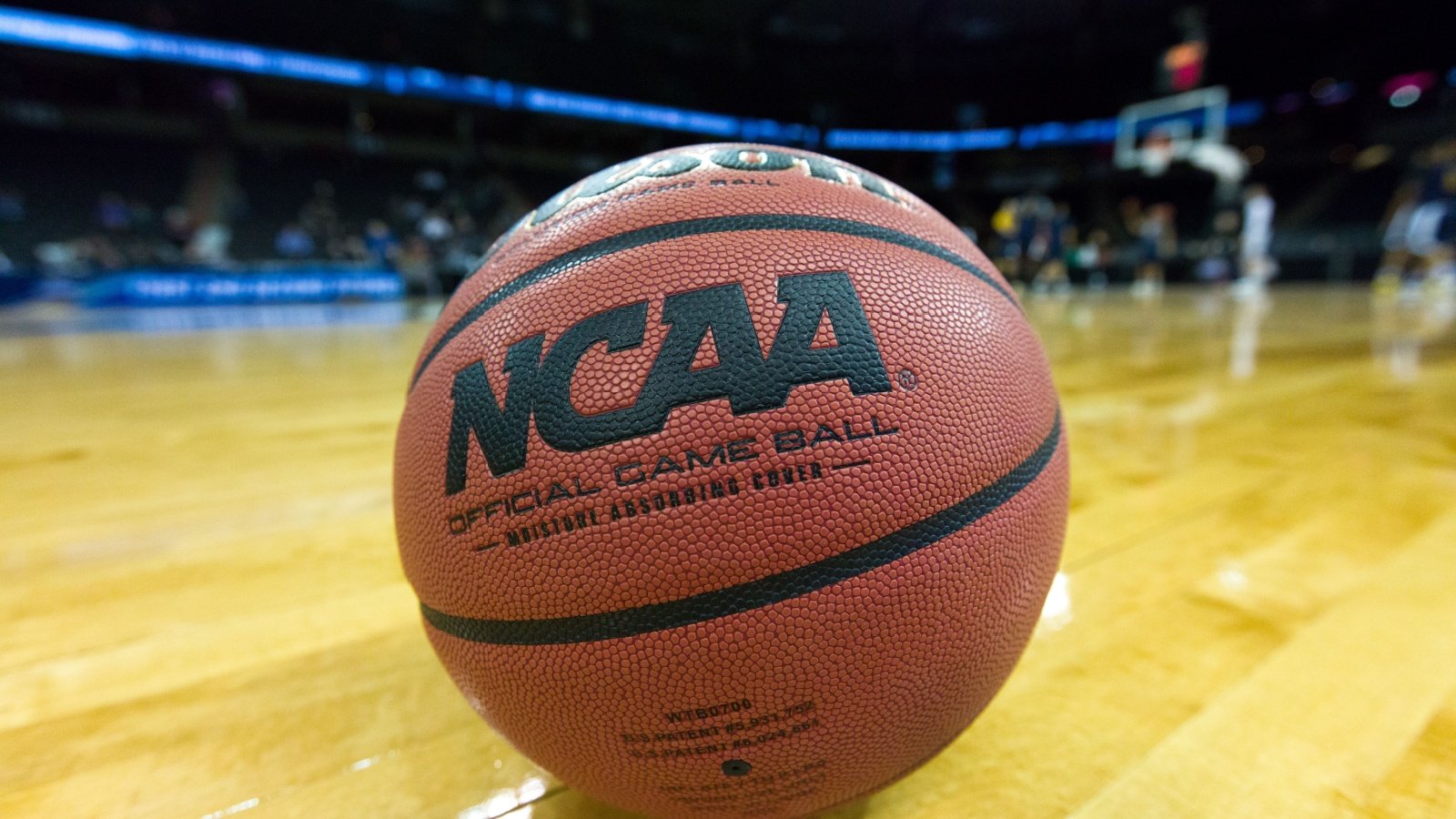
The Dartmouth team’s move to unionize comes against the backdrop of increasing criticism of the NCAA’s amateurism model. Despite the organization’s insistence on the “student-athlete” designation to justify not paying athletes, the booming business of college sports benefits institutions and coaches significantly, leaving players without compensation.
Legal and Policy Shifts

Recent legal rulings and changes in NCAA policy have begun to undermine the traditional amateur framework, allowing athletes to benefit from their name, image, and likeness, alongside receiving limited stipends. This evolving landscape sets the stage for further challenges to the NCAA’s model.
A Push for Athlete Advocacy
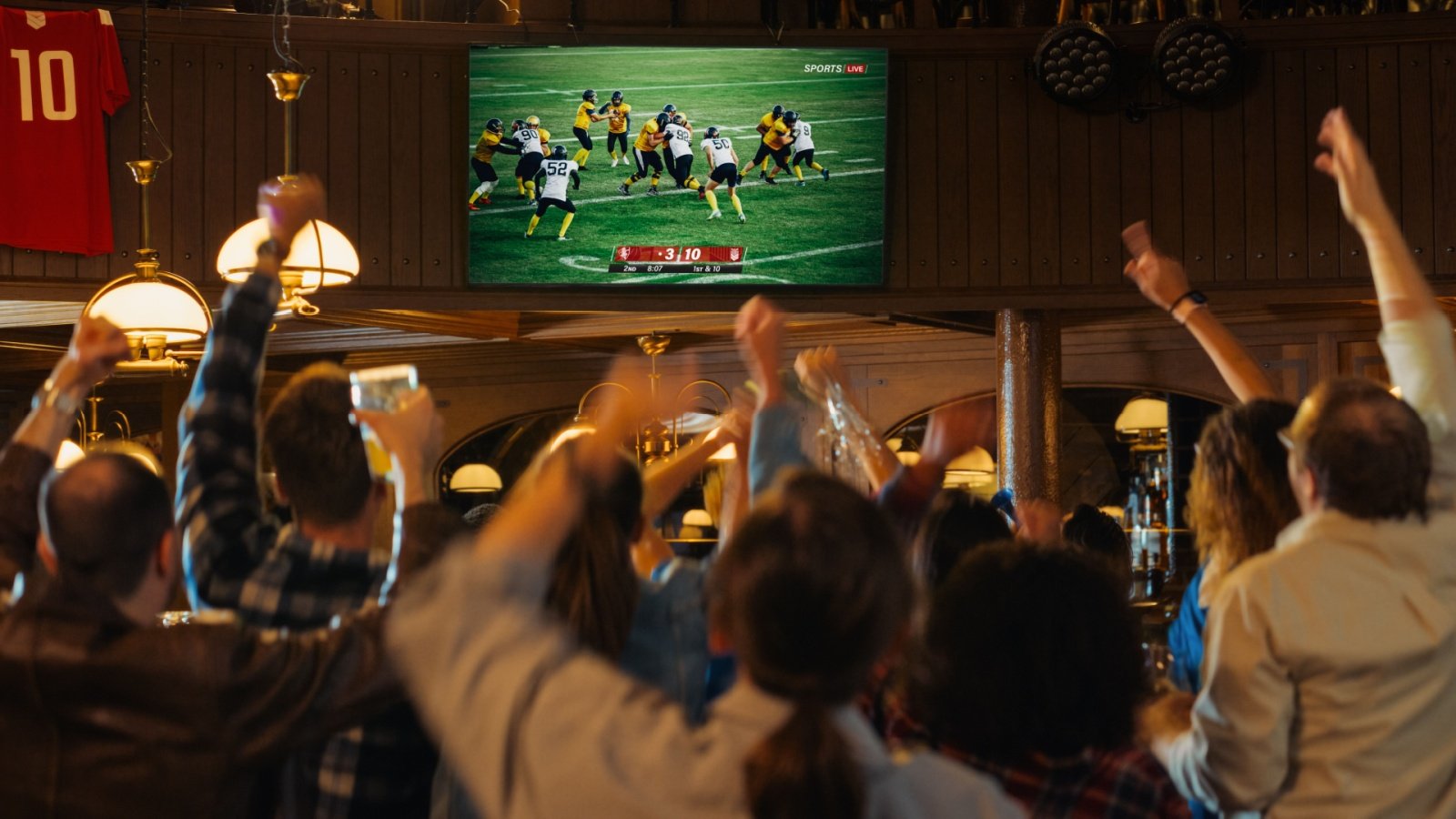
The initiative by Haskins and Myrthil extends beyond their team, aiming to inspire unionization efforts across the Ivy League and beyond. Their vision encompasses a broader advocacy for athletes’ rights, proposing the formation of an Ivy League Players Association to champion these causes.
The Unique Ivy League Context
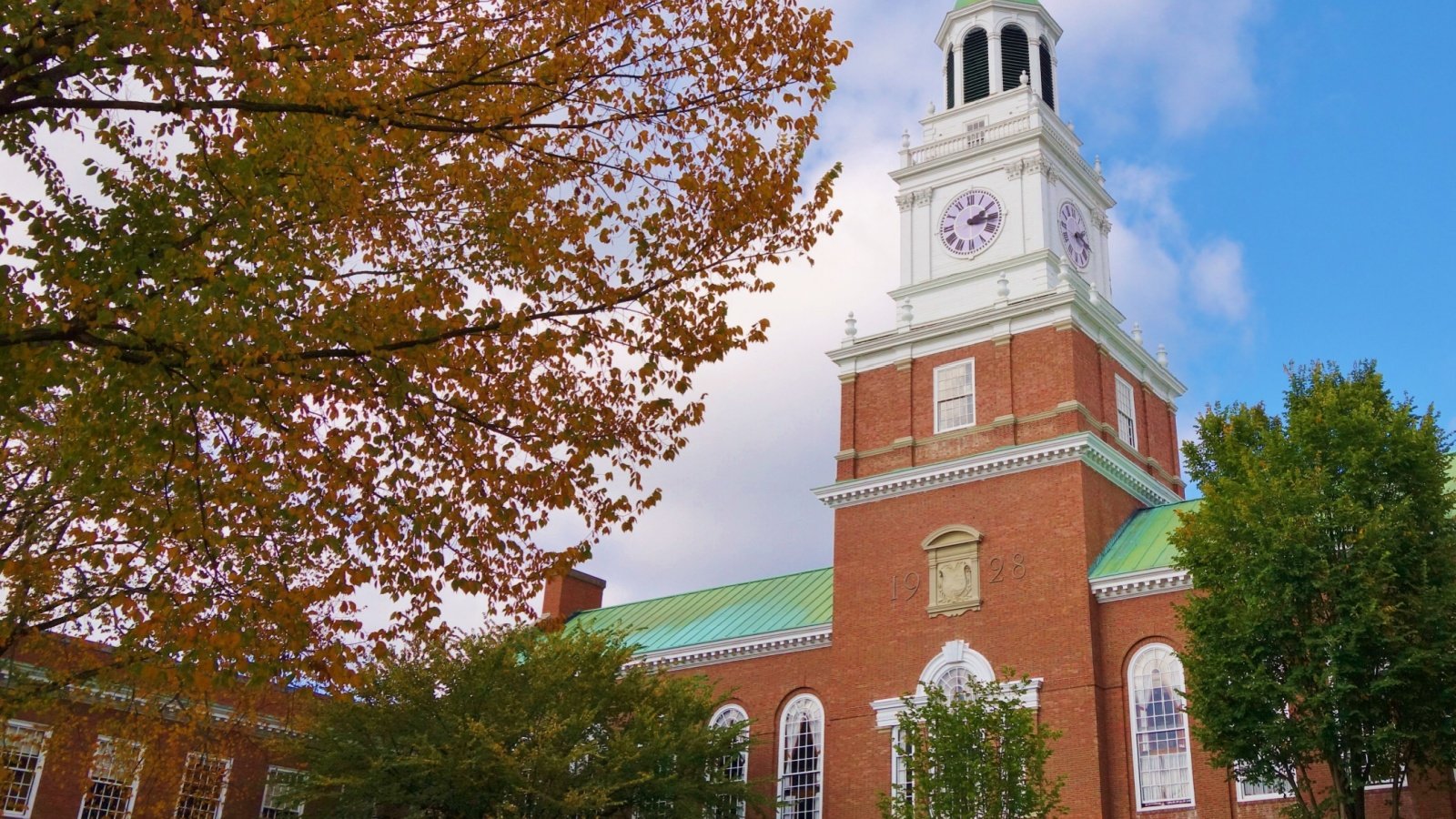
The Dartmouth case is particularly noteworthy given its Ivy League setting, where the balance between academics and athletics differs markedly from the revenue-centric models of other conferences. This initiative challenges the perception of college sports within a context that traditionally emphasizes academic excellence.
Support for Future Generations
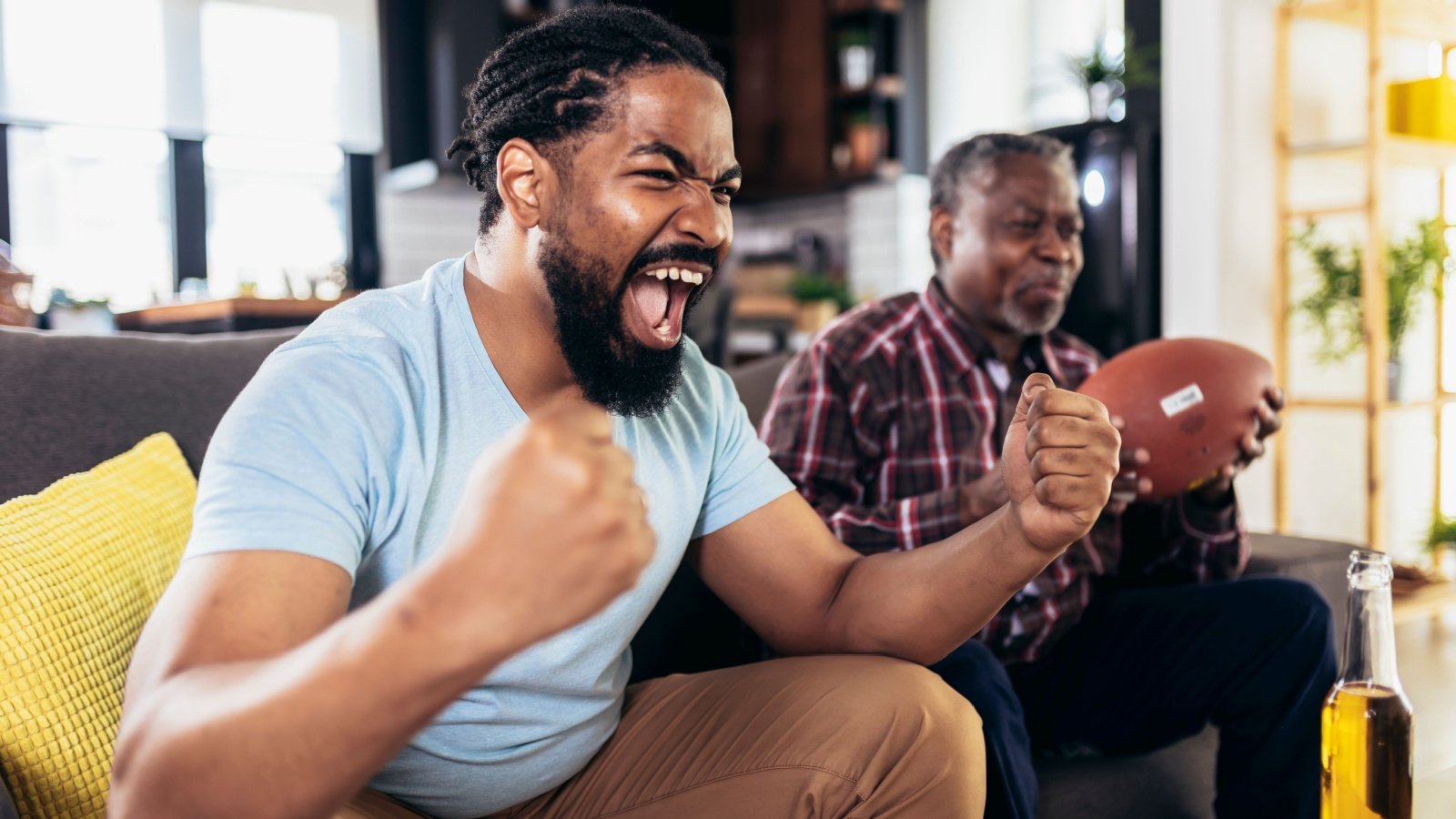
Haskins and Myrthil’s aspirations are not solely for their benefit or that of their current teammates. They aim to lay a foundation that will support future Dartmouth athletes, ensuring a legacy of advocacy and support within the Dartmouth community.
International Recognition
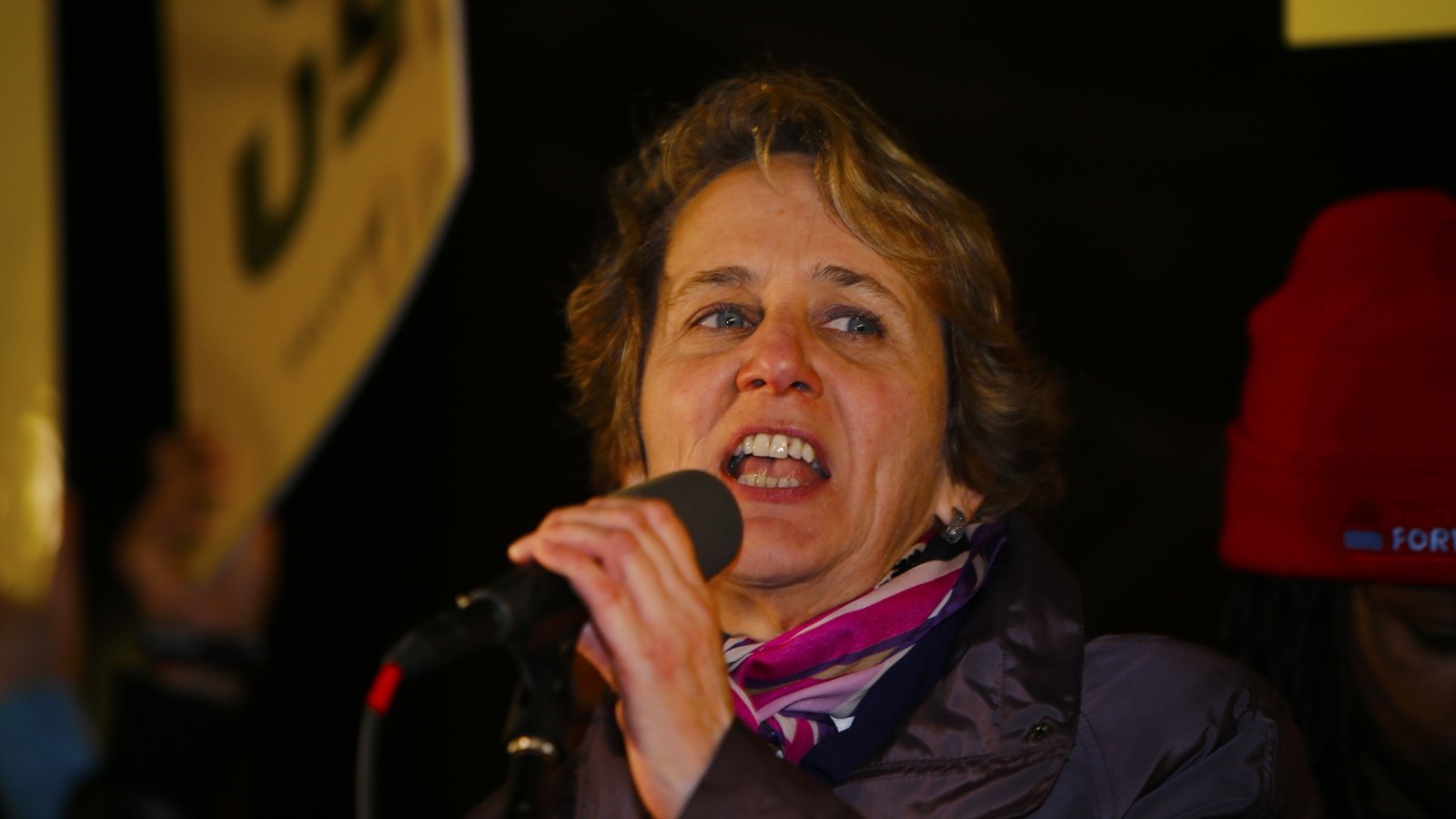
The team’s efforts have garnered support from the wider labor movement, with SEIU International President Mary Kay Henry lauding the Dartmouth basketball team as historic figures in the fight against exploitative practices in college sports.
Challenging the Status Quo

The move to unionize by the Dartmouth team is positioned as a direct challenge to the NCAA’s amateurism model. It reflects a growing awareness and rejection of the inequities inherent in college sports, advocating for a more just and equitable system.
A Broader Movement

The Dartmouth team’s vote to unionize may well serve as a catalyst for similar movements across the country, challenging other institutions and the NCAA at large to reconsider the role and rights of student-athletes within the collegiate sports ecosystem.
Looking Forward
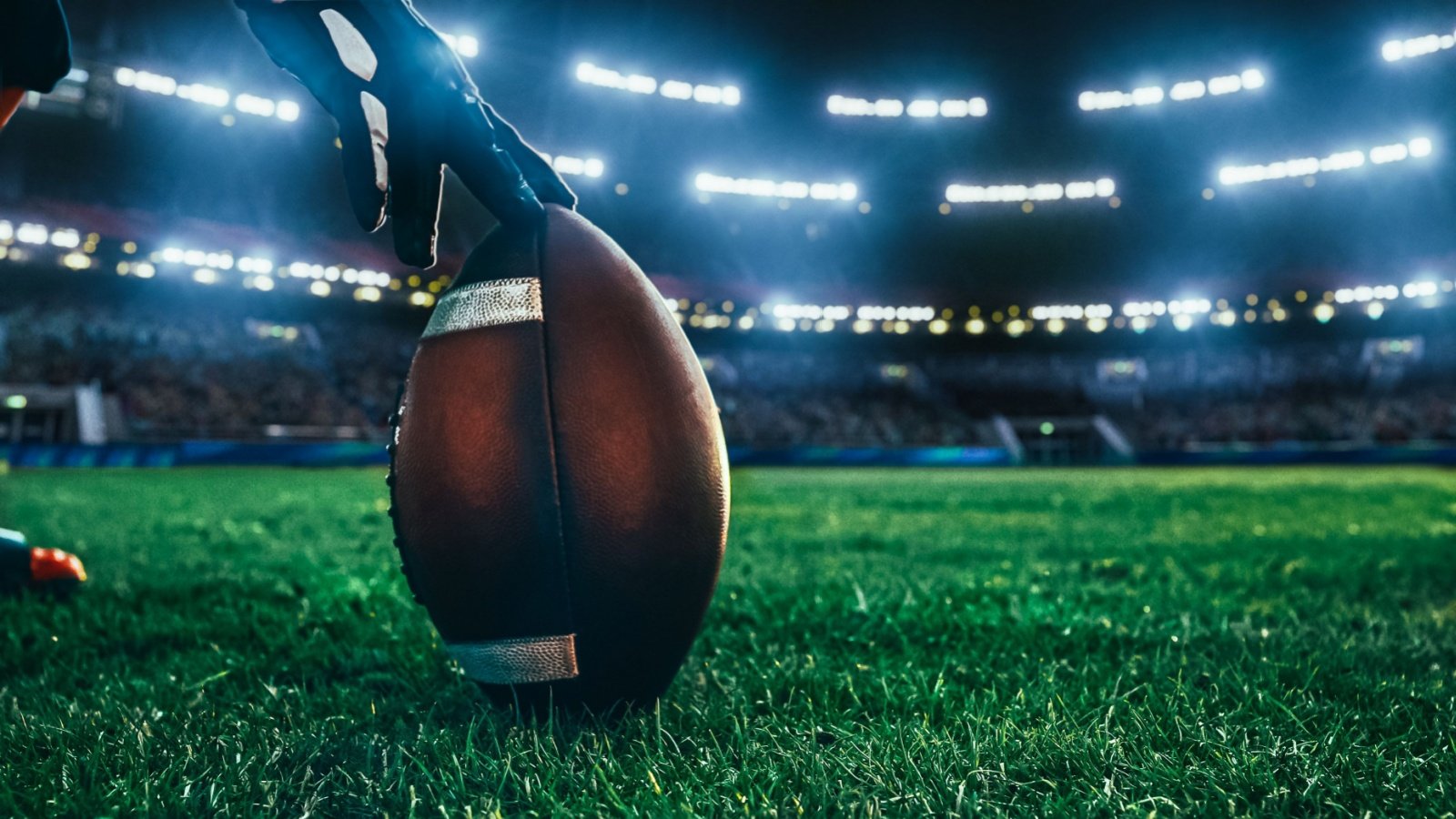
As this movement gains momentum, it not only challenges existing norms but also contributes significantly to the ongoing debate on the future of college athletics. The Dartmouth men’s basketball team’s decision to unionize could mark the beginning of a new era in athlete rights and compensation, setting a precedent for others to follow.



